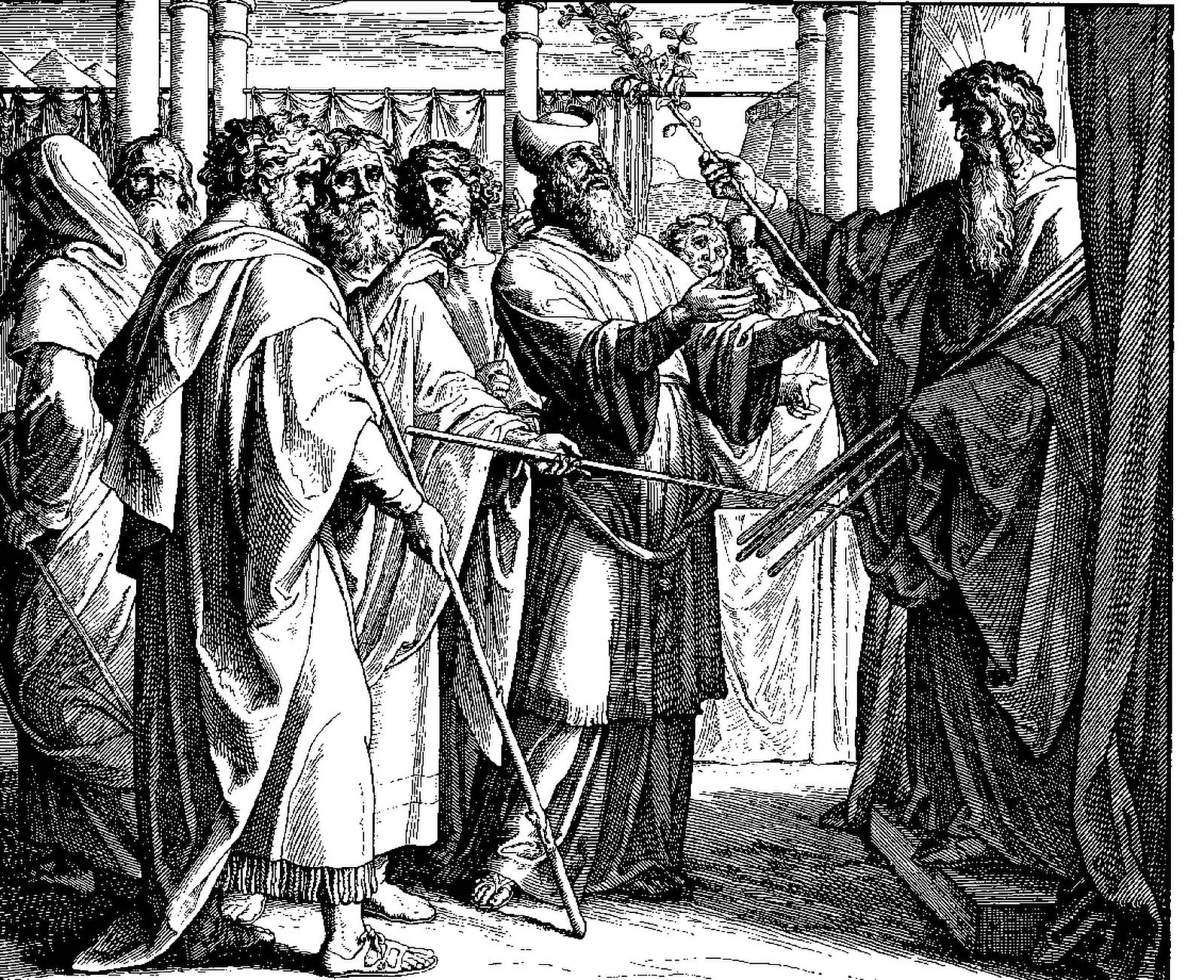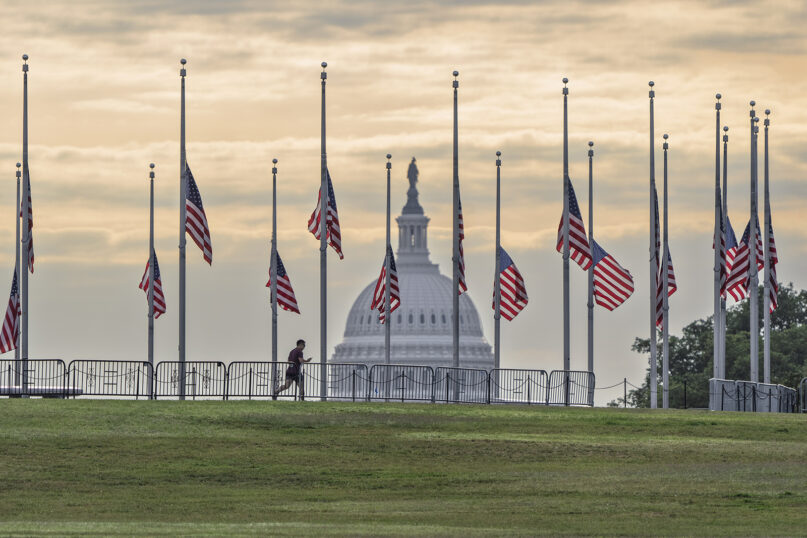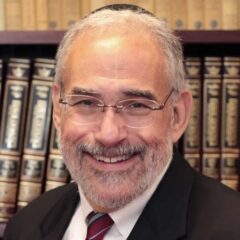
(RNS) — Yom Kippur, the Day of Atonement, admittedly sounds very serious. Besides its foreboding name, the day involves fasting and talk of sins and, in its original biblical rituals, animals sacrificed and cast out.
But while it is a serious day, it is not as somber or scary a day as it is often portrayed. It is, in its own way, a celebratory day, because at its core, Yom Kippur reminds us that there is no dark past beyond repair or restoration. In this sense, Yom Kippur need not be only for Jews: The day offers a way out of the silos of mutual mistrust and anger that animate so much of not only Jewish communal life but the broader American body politic.
The Bible’s description of Yom Kippur in the Book of Leviticus begins with Aaron, the founding high priest of Judaism, going to the temple. “Aaron will (first) present the bull of the sin-offering, which is for himself, and make atonement for himself and his family.”
A famed peacemaker, Aaron was endlessly devoted to serving God and the people of Israel. Yet even Aaron is expected to begin the pivotal Yom Kippur communal confession and sacrifice ritual by recognizing and confessing his own wrongdoings before anything else. Even Aaron is not above the need to begin with himself. Why?
Because neither the goodness of the cause nor the greatness of those pursuing it protects a person from the inevitable errors and transgressions that are part of being human. We might say that it is the “Aarons” of the world who must lead the process of atonement, precisely because of how good and pure and holy they are, or how good and true their causes. Embracing that reality is the hinge upon which a better future hangs.
The sages of the Mishnah — a founding rabbinic text from the time of Jesus and the Gospels — describe Aaron as one who “loves peace and pursued peace, loves human beings and brings them closer to Torah/Wisdom.” The order of this phrase is important: Only after loving the people in front of him was Aaron concerned about bringing them closer to the wisdom inside of himself.

Flags in Washington, D.C., fly at half-staff Aug. 28, 2025, after the shooting at a Catholic church in Minneapolis. (AP Photo/J. Scott Applewhite)
Aaron loved others, in other words, before he worried about “fixing” them, and worried about fixing himself before fixing others. That is a powerful combination that can repair and restore most anything.
Both as Americans and as Jews, we are drowning under a waterfall of words that bemoan the current state of affairs. But few contemporary analysts offer meaningful or practical techniques for improving things, leaving people feeling worse than ever about the state of the world.
The wisdom of Yom Kippur comes down to two words that can help us return to a world in which we are happier to live, restoring not only ourselves but also the relationships — interpersonal, intercommunal and intercultural — that often come undone in our painfully polarized time.
The two words? Teshuvah and Kapparah, in the biblical Hebrew — return and restoration, in English. They are for all of us, and totally within our grasp.
If we are really willing to be like Aaron, we can escape the prison of our past and have more of the future for which we long. To be like Aaron, though, turns on our willingness to see and confess, not to defend and explain. Aaron knew and lived that, and so can we.
Here’s how to begin:
Consider the following questions — any time that feels right — sometime between now and the end of Yom Kippur:
When have you erred or transgressed this past year while supporting the causes you most believe in?
How have the personal traits of which you are most proud led you astray, however unintentionally?
Who has paid the price for your support of even the best causes, in ways that invite brave recognition and bold confession?
If you are feeling especially bold, you may want to share your answers with a few people you love. Even consider enlisting their support deepening your original answers if they are willing to be equally candid with you about themselves.

Rabbi Brad Hirschfield. (Courtesy photo)
The Teshuvah and Kapparah — return and restoration — that stand at the center of the Yom Kippur liturgy and ritual, as found in Leviticus, begin boldly and bravely with recognition and confession, and nobody gets a pass on that, regardless of how good or righteous they are, or how great the cause they serve may be.
(Rabbi Brad Hirschfield is president of the National Jewish Center for Learning and Leadership, known as CLAL. The views expressed in this commentary do not necessarily represent those of Religion News Service.)
